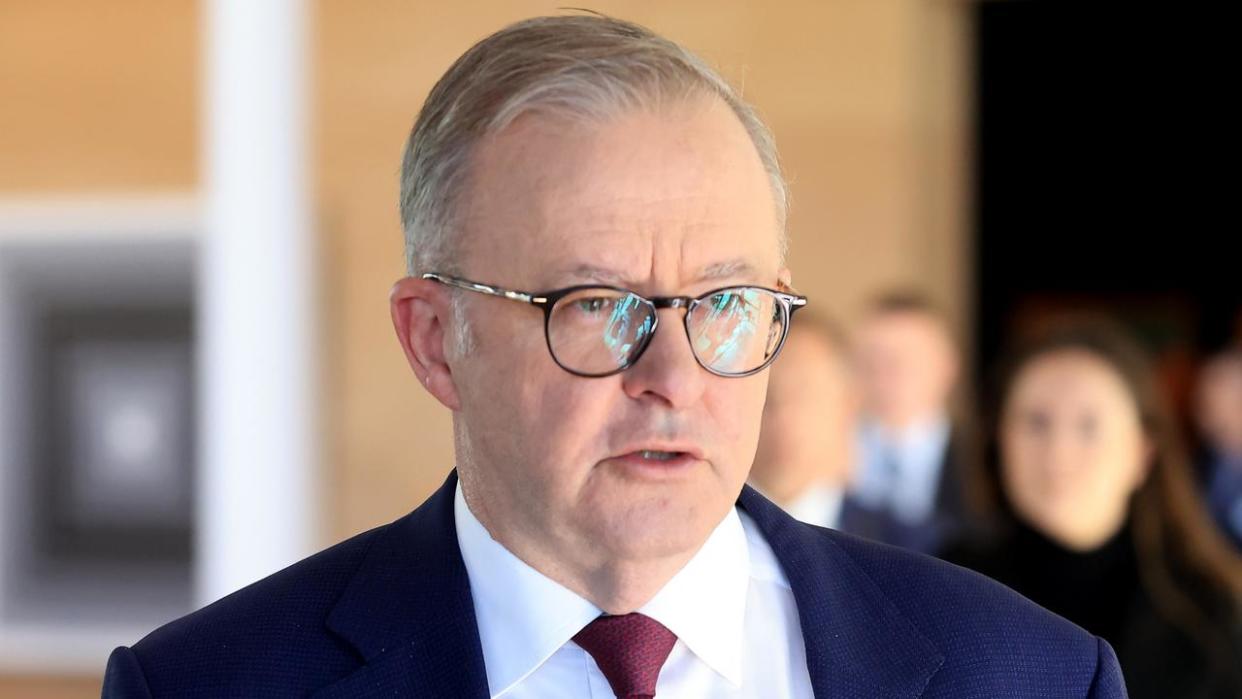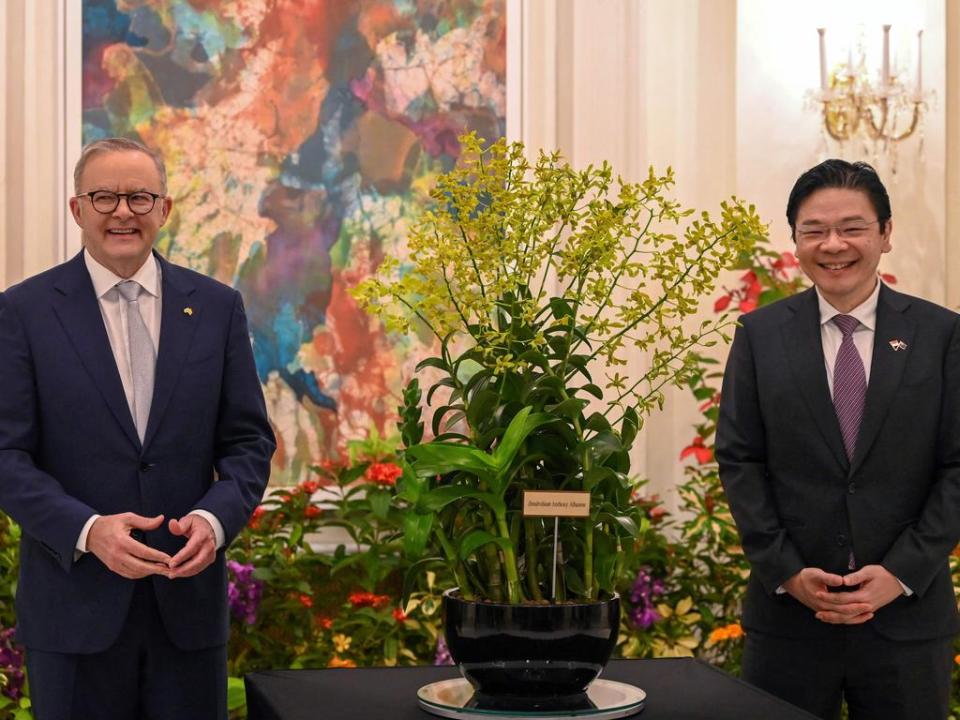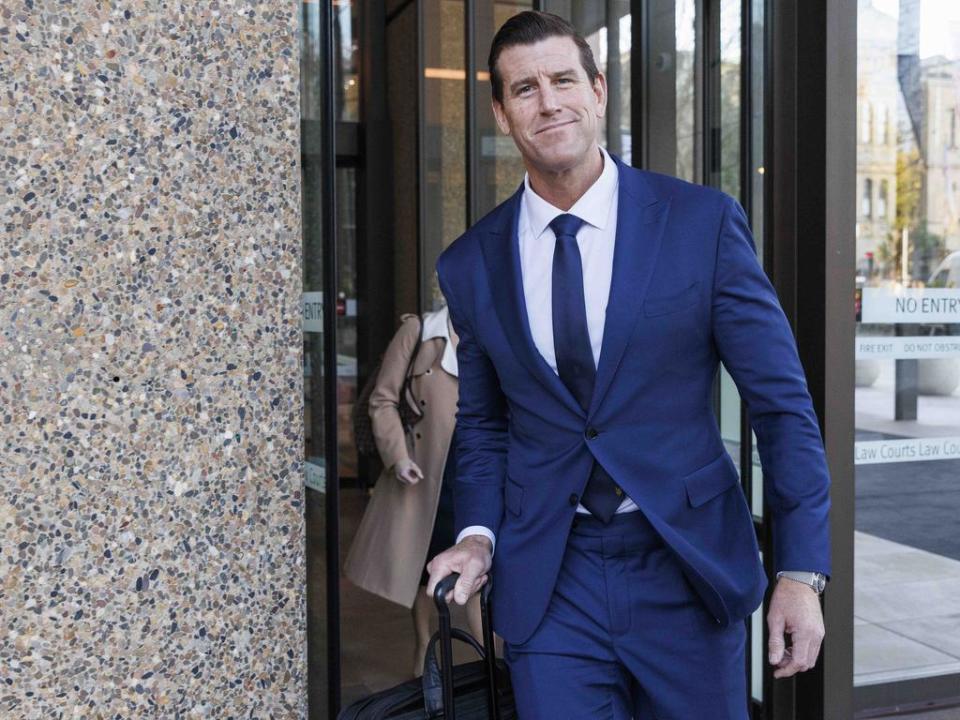PM’s first response to war crimes trial

Anthony Albanese has declared Australia’s international standing remains “extraordinarily strong” after a court found three newspapers proved one of the country’s most decorated military heroes was a war criminal.
Ben Roberts-Smith’s highly publicised defamation case against Nine newspapers was dismissed by Federal Court Justice Anthony Besanko on Thursday after he found the articles in question proved the former Special Air Services soldier was a war criminal, murderer and bully.
Mr Roberts-Smith is a Victoria Cross recipient and former Australian Father of the Year who was in the public eye long before he fell from grace and his marathon defamation battle generated wall-to-wall coverage.
The Prime Minister, who flew to Singapore to deliver the keynote address at the 20th annual Shangri-La Security Dialogue just hours after Justice Besanko handed down his stunning verdict, made his first public comments on the result the following afternoon.
Asked by an Australian journalist at a press conference in Singapore how concerned he was for his country’s reputation given the outcome, Mr Albanese didn’t respond directly.
He began his cautious answer by saying the Federal Court’s determination on Thursday was one resulting from a civil proceeding between two parties which “didn’t involve the government”.
“And it would be inappropriate to comment on the detail of that, given the potential that is then there for future action that the government might be a party to,” he said.
“With regard to our international standing … Australia’s international standing is extraordinarily strong, including the standing of our Defence forces and our Defence personnel.”


Mr Albanese said the Australian Defence Forces continued to engage in many places overseas, including in Singapore.
He pointed to what he described as strong defence relationships with many other countries, listing Australia’s membership of the Quad security dialogue and the AUKUS security pact, as well as his invitation to attend both the NATO summit and Asia Pacific Forum later this year.
“That says a lot about the way Australia is seen, not just in this region, but in the world as well. And it’s something that I think reflects, overwhelmingly, Australia’s position,” he said.
He added his government was committed to implementing the recommendations of the Brereton report “to the extent possible”.
“That is an area in which we have a responsibility. And we’ve indicated very clearly that we would take up that responsibility,” Mr Albanese said.
The Brereton inquiry into alleged war crimes in Afghanistan – which handed down its report in 2021 – found credible evidence 39 Afghan civilians were killed by Australian special forces.
It identified 25 current or former ADF personnel as alleged perpetrators, either as principals or accessories.
The government agency probing alleged war crimes by Australian soldiers in Afghanistan from 2005 to 2016 has been carrying out its investigation at the same time as Mr Roberts-Smith’s trial was running in Sydney and generating explosive headlines.
The Office of the Special Investigator, which has been working with the Australian Federal Police, is expected to hand its first brief of evidence to commonwealth prosecutors by the middle of this year.


